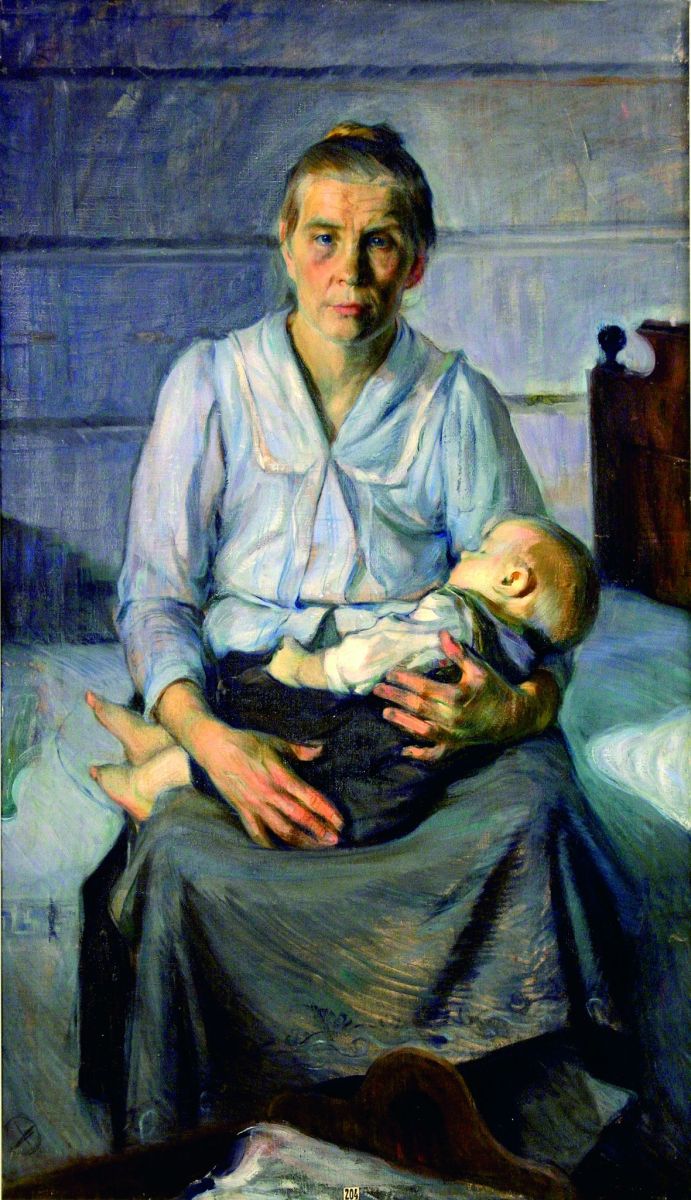Today, on Mother's Day, we invite you to look into the past.
Specifically, we would like to introduce you to an article from the Narva newspaper "Põhja Kodu," which was published for this holiday over 90 years ago, on May 7, 1932.
The text, written in 1932, clearly reflects the traditional view of family roles and responsibilities, which can elicit a variety of reactions in the modern world. Nevertheless, such historical evidence allows us to appreciate the progress our society has made, as well as remind us of the universality and timelessness of certain human values.
Põhja Kodu Newspaper, 1932: "Modern life flows at a rapid pace, with events following one another; although unemployment constantly grows and the number of unemployed increases, people do not have time to look around... Family obligations are forgotten, old traditions disappear, and personal relationships that once seemed so unchanging grow cold.
However, home, family, and family traditions are the most important factors in the life and development of a nation's culture. Good people grow up in a good home, those who can, know how to, and want to fulfill their duty to themselves, their people, and society. Home is the place where tender feelings are instilled in a person's soul, and the soul of the home, the essence of the home, the heart of the home is the mother. If there is no maternal care, maternal affection, tenderness, and love in the home, it is not a home in the deeper and better sense of the word. Our most beautiful childhood memories are associated with home... Life's troubles were still absent, and mother tried to drive away our little childhood sorrows, and when she couldn't, she shared them with us…
The modern woman is reproached for tending to forget her most sacred duties—love for the home, maternal care, and maternal love. It may seem so from the outside. But the modern person, under the pressure of the general economic situation and for other reasons, has generally become indifferent and heartless towards others, their loved ones, and themselves. It is unjust to accuse only the woman of neglecting her duties… Since maternal love is embedded in 'the soul of every woman, every living being' by nature itself, the greatest dream of every woman is her home, her family, her children. Today’s times do not allow this for everyone…
We are all children of our mothers, those whose heads the years have sprinkled with silver, and the young people with shining eyes who still have everything ahead of them... Tomorrow, on Mother's Day, we will greet our mother, whether she is near or far, whether she is with us or her remains are covered by the turf. Thank you, dear mother, for your love, care, and hard work!"

Illustration: August Jansen. Mother with Child. 1910–1912
This painting was long considered lost. Today, it can be seen in the Art Gallery of the Narva Museum.
